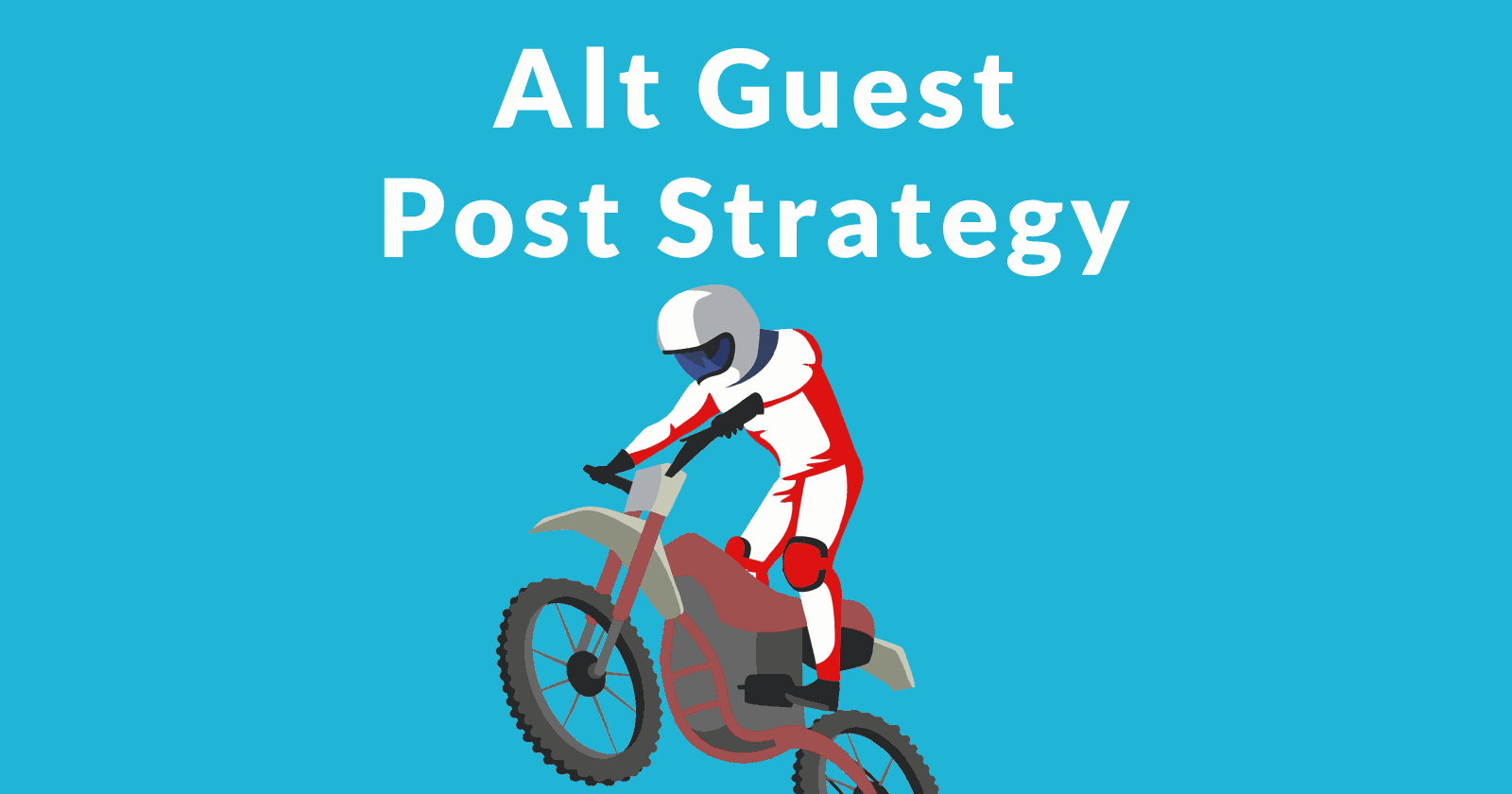When it comes to link building, there is a point where ideas must become speculative. Except for obvious link spam, there is no way to know as a fact how Google reacts to certain kinds of links.
The fact that it’s difficult to know if Google is not passing PageRank from a link makes it difficult to know whether something is working or not.
Guest article link building is an easy way to build links. That makes it popular and has opened the door to abuse. Years ago, former Google engineer Matt Cutts advised against guest blogging.
My opinion on guest article link building is based on experience (take it or leave it). If you’re risk averse and want to be careful, don’t try to build links with articles unless you’re doing it with a no-follow link.
Approaching it with this mindset will open up new opportunities.
Why Might Guest Articles be Penalized or Demoted?
Not all guest article projects receive penalties. It’s hard to guess why some projects fail, but I would guess that placing articles in sites with poor outlinks could be problematic.
I believe that Google relies heavily on outbound link patterns between sites to reveal networks of spam. Spam sites form networks composed of spammy sites. Linking out to normal sites does not stop the formation of these spam networks, Google can still see them.
Non-spam sites, normal sites, generally don’t exist within those spam networks because normal sites don’t link out to spam sites.
So it’s still possible that sites within the “normal” range of link neighborhoods could engage in certain practices and not be caught out beyond having their links demoted (read, Reduced Link Graph to learn about this process).
By mapping out the link networks to identify spam neighborhoods, in theory, Google can remove those pages from the ranking equation altogether.
On the normal side, Google can still show these quality websites, without actually using their sketchy inbound links for ranking purposes. The idea of sites that are too big too fail has been around a long time.
In my opinion, the idea that a site is too big to fail is not the reason they don’t fail. It’s more about users wanting to see certain sites and Google being obligated to show those sites, regardless of any link spam.
Can you imagine Googling for eBay and it doesn’t rank at the top? It might seem unfair but it doesn’t make sense to penalize a site that users want to see.
Guest Article Tactics to Avoid
Here are what I believe are things to avoid. A rule of thumb is, if it’s something explicitly for manipulating Google (as opposed to helping users), then it’s problematic.
- Multiple links back to the promoted site
- Keyword rich anchor text
- Promotional text links within the body of the published articles.
- Articles placed on sites that solicit payment for publication
- Articles placed on non-SEO sites that feature articles and links to SEO sites. If the site is about a non-SEO niche, and a site search for “link building” or “search engine optimization” reveals articles written by SEOs for the benefit of that SEO, run. I consider those sites poisoned. Use whatever non-relevant phrase you want to test how relevant the site is, don’t limit yourself to SEO related phrases.
- Sites publish articles with links to low quality websites. What’s a low quality website? One that’s heavily optimized for rankings and affiliate sales.
Beware of Copying Your Competitors
Just because a competitor is engaging in massive guest article posting does not mean you should do the same. It could be their rankings are not due to the articles. And even if they are, links aren’t the only reason why Google ranks a site over another. Ultimately it’s the content and user expectations that decide which sites rank at the top.
A Safe Way to Build Article Links
The safest way to approach guest articles is by not thinking of them as link building projects. Think of them as a way to get the word out about your site, your product, or your service.
Once enough people know about your site, demand for it grows and people begin expecting to see your site in the SERPs. Google ranks pages that users expect to see. Google ranks web pages that feature the answers users expect to see.
So rather than focusing on influencing Google with metrics like links, in my opinion it makes sense to influence people with a great product, great service, useful information and so on.
Guest article projects focused on increasing awareness of that greatness is, in my estimation, the better way to approach guest articles. This means putting nofollows on all links back to your site.
User-Centered Article Marketing
New opportunities open up by changing the reason for guest articles away from influencing Google and toward influencing people.
The fact that a news organization does not link out no longer matters. The point is now to get the word out. There is no reason to get upset or take a pass on a news site that does not link out. It’s basically free advertising.
Focusing on influencing people opens you up to print projects, newsletter projects, and even podcasting projects. There is almost no limits to how far you can take this approach. So rather than trying to influence Google, you may want to consider trying to influence users. You may find it rewarding without having to worry about what Google thinks about it.


